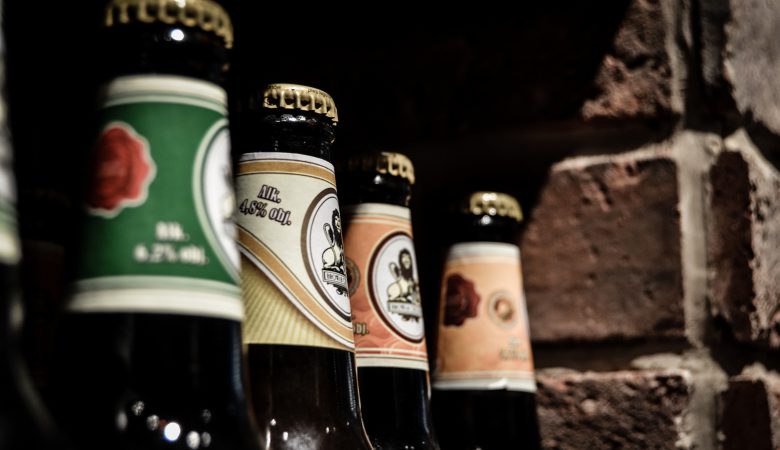Counterfeit Alcohol Plagues the Developing World
Some of the first trademark laws were created to protect alcohol. Bass Ale, now one of the world’s oldest trademarks still in use was the first mark registered under the UKs 1875 Trademark Registration Act. After using the law to prosecute counterfeiters the company was able to expand significantly by licensing out production around the country- confident that their rights would be enforced.
Fast forward 143 years, and the same IP infringement that held back Bass continues to plague other brands, but only where IP rights are hardly enforced. According to a recently released Euromonitor white paper 1 in 4 alcohol sales are illicit, and 24 percent of those are illicit because they are counterfeit. This number could be much larger, as China and India, known to be responsible for most of the world’s most counterfeits were not included.
Counterfeit alcohol uses the registered trademarks of other brands without permission from brand owners. Often it is carried out by the illicit manufacturers filling empty bottles that still have the registered mark on the side.
Industries relying on trademarks have become vital to 21st century economies. They retain enormous value and communicate vital product information to consumers. The EU and the U.S. have found trademark intensive industries are the largest employers of the IP-intensive sectors- responsible for 65 million and 40 million respectively.
An earlier EU report found counterfeit alcohol cost the continent 23,300 jobs.
Among the important pieces of information communicated to consumers through trademarks is product safety. Well-known brands don’t become famous by killing their customers. Illicit alcohol that fills the counterfeit bottles, on the other hand is “much more likely to lead to health problems for customers,” the report says.
Of all the regions researched for the report Africa poses the highest health risks for counterfeited alcohol. It is also the region with the weakest protections of intellectual property rights according to the International Property Rights Index (IPRI).
The report warns that stamp taxes or “fiscal markings,” an easy solution governments have often turned to, “may actually help illicit products”. Governments often believe a new law and a higher tax will deter consumers from sin products and raise the stakes of illegality.
However, in practice, the illicit market, instead of being encouraged to be licit chooses to counterfeit the stamps. This confuses consumers even more, and as the government adopts high-tech stamps that are harder to reproduce the whole system winds up costing more than it could possibly reap in revenue. In addition, alcohol in the legal market becomes more expensive- driving more consumers to the illicit market.
Instead, the sure solution is simply upholding existing obligations to protect trademarks. Currently 164 countries have signed the Trade-Related Aspects of Intellectual Property Rights (TRIPS) Agreement which guarantees the right to prevent unlicensed use of trademarks. Few countries have implemented specialized courts that can deal with IP abuse or have trained border agents on how to identify and catch illicit material.
Evidence from the IPRI, and the consensus in the academic community, suggests enforcing IP not only can help stamp out government corruption, but also boosts the economy. Countries in the highest quintile of property rights protection earn a per capita income 20 times that of countries in the bottom quintile.

